Table of Contents Hide
A severe form of depression, sometimes known as crippling depression, hinders your everyday life and makes it impossible to function normally. It can lead to suicidal thoughts and loss of will to live life and hence needs to be acknowledged and treated immediately. There are patterns of behavior, symptoms, and signs that you can look for to confirm the diagnosis and then get treatment.
Depression has been increasingly used as a layperson’s term for mental health issues such as sadness, hopelessness, and suicidal ideation. 1 in 5 U.S. adults experiences mental illness each year. There are various forms of depression. Depressive Disorder can present itself in many ways, such as mild, intermittent depression that does not hinder everyday life activities. However, depression can progress to a dangerous and severe form sometimes known as crippling depression. Although crippling depression is not a medical term, it is sometimes used to mean a state where clinical depression becomes crippling to one’s life.
This kind of depression is much harder to deal with but does not mean it lacks treatment. Crippling depression is essential to identify and even more important to treat. This blog will address the rising concern around crippling depression, its symptoms, and how it can be treated.
If you are having suicidal thoughts, contact the National Suicide Prevention Lifeline at 1-800-273-8255 for support and assistance from a trained counselor. If you or a loved one are in immediate danger, call 911. For more mental health resources, see SAMHSA.
What is Crippling Depression?
Crippling depression is referred to as depression so severe that a person is physically and emotionally impaired to carry on with regular tasks of everyday life. The patient cannot accomplish essential functions such as getting out of bed, showering, making breakfast, or going to the workplace/college every day.
Due to the inability to perform these tasks, the patient is almost crippled. It affects the quality of life and prevents the patient from living everyday life.
Symptoms of Crippling Depression
As mentioned before, clinical depression involves feelings of sadness, hopelessness, and often suicidal thoughts. These episodes are mild to moderate. Most people experience bouts of depression due to temporary causes such as job loss, bad grades, and strained relationships. In some people, the cause of depression cannot be explained. These episodes are mild to moderate.
Crippling depression is different than the usual depression. It can directly impact both your physical and emotional health.
The emotional symptoms include:
- The feeling of intense hopelessness
- Loss of motivation to perform even the basic tasks
- Persistent feelings of anxiousness or sadness
- Feeling trapped in your body
- The feeling of loneliness and emptiness
- The patient doesn’t enjoy the activities that once made them happy
- A pessimistic perspective on all situations
- Mood swings that range from hyperactive anxiety to crippling depression
- Irritability and annoyance
- The patient doesn’t seek help because they feel like a burden to the people around them, especially their friends and family.
- Feeling of worthlessness
- Feeling like there is no point in trying to make things better
- Inability to make decisions
- Suicidal thoughts that may involve extreme creativity, planning, and fantasies
- Agitation
Physical symptoms of crippling depression include:
- Fatigue, patients often mention that they had no energy even to brush their hair
- Inability to get out of bed
- Body aches
- Sore muscles
- Poor dental and body hygiene
- Trouble concentrating
- Impaired memory
- Headaches
- Stomach ache that may lead to stomach ulcers due to stress and anxiety
- Low energy
- Sleep disturbances: sleeping all the time or not sleeping at all
- Restlessness
- Appetite disturbances: poor appetite or excessive eating
- Changes in weight
- GI disturbances: vomiting, nausea, diarrhea
- Mouth ulcers due to stress and anxiety
Treatment of Crippling Depression
Seeking help and support for depression is considered taboo in many circles. However, despite the sometimes-crippling symptoms, major depression is manageable and treatable, and people experiencing this condition should receive proper medical care and attention. Various treatment options are available to treat crippling depression depending upon the cause, severity, and length of time.
Psychotherapy
The first-line therapy for crippling depression is to consult a psychologist. A psychologist specializes in the mental changes associated with depression and helps treat the disorder by offering counseling and therapeutic conversations. Psychotherapy involves sessions with a licensed medical professional to talk about what you are experiencing and how it affects you. A counselor further helps you formulate solutions for the disease and offer you ways to manage the symptoms of clinical depression.
Psychotherapy is the most important and the most prescribed solution for depression of any kind. Psychotherapists offer various types of therapies, including Cognitive Behavioral Therapy (CBT), Interpersonal Therapy (IPT), and problem-solving therapy.
Even when medications and other methods of treating depression are being used, psychotherapy should always be advised as an adjunct. This solution deals with the root cause of the problem and helps figure out the underlying reason behind the crippling depression. It often reveals suppressed emotions, childhood memories, hidden trauma, and emotional baggage that hasn’t been confronted.
Medication
The second most important tool against battling depression is antidepressant drugs. Crippling depression is often the result of altered hormones and neurotransmitters that are usually responsible for a person’s typical mental and emotional health. Decreased dopamine, serotonin, oxytocin, and endorphin levels can lead to dangerous forms of depression. Antidepressants counter this issue by transforming the brain’s biochemistry and increasing the levels of these neurohormones and neurotransmitters, especially dopamine and serotonin. This results in altered mood and reduced stress, eventually controlling the symptoms of major depressive disorder.
There are five classes of antidepressants:
- Selective Serotonin Reuptake Inhibitors (SSRIs) such as Celexa, Lexapro, Zoloft
- Serotonin and Norepinephrine Reuptake Inhibitors (SNRIs) such as Cymbalta, Effexor
- Atypical antidepressants
- Tricyclic Antidepressants (TCAs)
- Monoamine Oxidase Inhibitors (MAOIs)
The antidepressant regimen is carefully tailored for individual patients barring the side effects, the severity of depression, and age group in mind. The first two are the most effective and widely used agents. However, not all antidepressants suit every patient.
Electroconvulsive Therapy
In patients lacking the desirable results from an antidepressant regimen, electroconvulsive therapy is a highly effective option to consider. It is a painless procedure since the patient is anesthetized before the therapy. You can opt for ECT if you have chronic MDD poorly controlled by typical therapy and medications.
Self-Care
Seeking help is necessary for someone dealing with crippling depression. As most patients can’t keep up with the average pace of life when suffering from this condition, recommending elaborate self-care tips is ineffectual. However, there are some steps that you should consider taking for yourself to speed up the road to recovery. Some remedies that you can try and force yourself to partake in include:
- Regular exercise, even if you do it for 15 minutes
- Meditation such as yoga
- Avoid isolating yourself and invite a friend over even if you don’t do something special
- Join a support group for depression
- Take part in something that makes you feel helpful such as volunteering for a cause
- Stick to a routine
Conclusion
Crippling depression can be brutal to manage and live everyday life with. However, it can be managed and treated. There are several treatments and symptoms-management options available including therapies, support groups, medication, and other regimens that you can take part in. It is important to speak up about your condition and talk to a qualified health professional who will understand your situation and design the right treatment plan.
If you are having suicidal thoughts or experiencing extreme depression, contact the National Suicide Prevention Lifeline at 1-800-273-8255 for support and assistance from a trained counselor. If you or a loved one are in immediate danger, call 911. For more mental health resources, see SAMHSA.
FAQs
What is crippling depression?
Although not a formal clinical term, when clinical depression or major depressive disorder presents as so severe that a person is no longer able to complete basic life tasks such as getting up and going to work every day, or even just taking a shower, it is sometimes referred to as crippling depression.
What are the types of treatment for Major Depressive Disorder?
Two of the most important treatments for MDD include psychotherapy, and the other is antidepressant drugs.
What are the symptoms of crippling depression disorder?
Feelings of hopelessness and sadness
Losing interest in things that once made you happy
Physical symptoms such as loss of appetite, sleep disturbances, and tiredness
What does crippling depression feel like?
Crippling disorders render you unable to carry on with normal life functions such as getting out of bed, taking a shower, or working/studying. You may also have feelings of intense hopelessness or loss of motivation to perform even the basic tasks.
How to deal with crippling depression?
There are several treatments and symptoms-management options available including therapies, support groups, medication, and other regimens that you can take part in. It is important to speak up about your condition and talk to a qualified health professional who will understand your situation and design the right treatment plan.
How do I know if I have crippling depression?
There is no clinical definition of crippling depression. Your doctor or a mental health professional will be able to assess the severity of depression. However, there are some key signs and symptoms that doctors consider including but not limited to Psychosis, the feeling of intense hopelessness, loss of motivation to perform even the basic tasks, persistent feelings of anxiousness or sadness, and suicidal thoughts and behaviors.
References
https://www.verywellmind.com/crippling-depression-definition-symptoms-treatment-5119870
https://www.healthline.com/health/depression/crippling-depression
https://www.medicalnewstoday.com/articles/crippling-depression


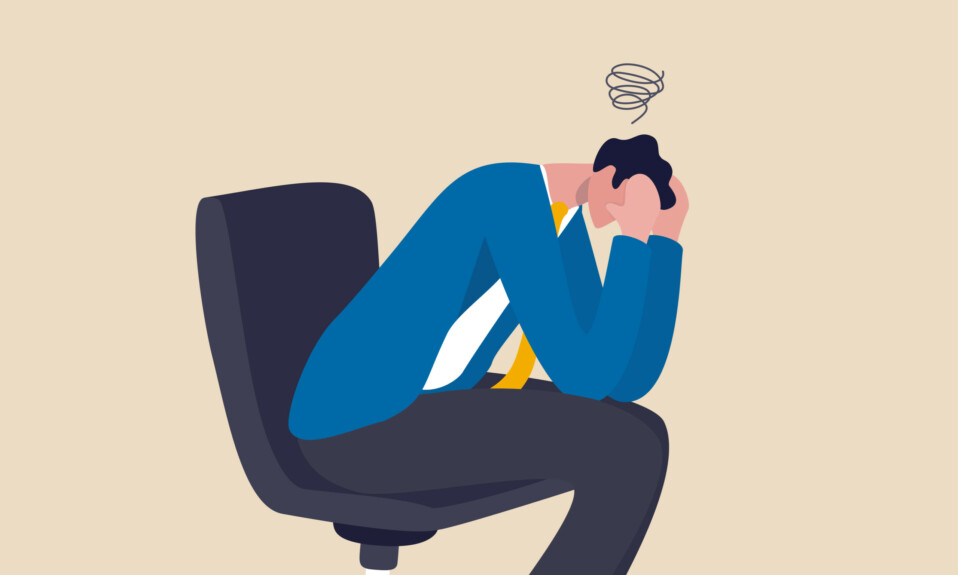
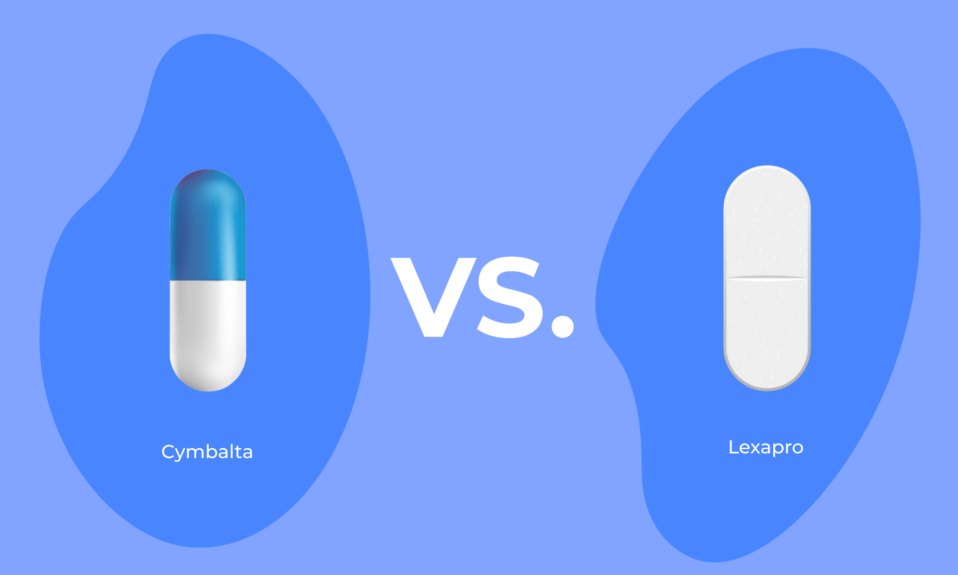
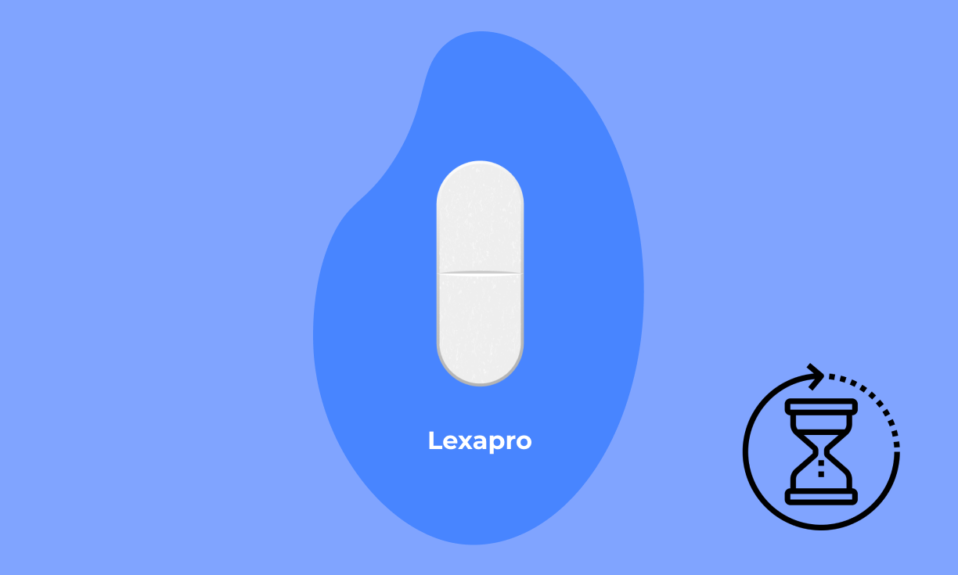
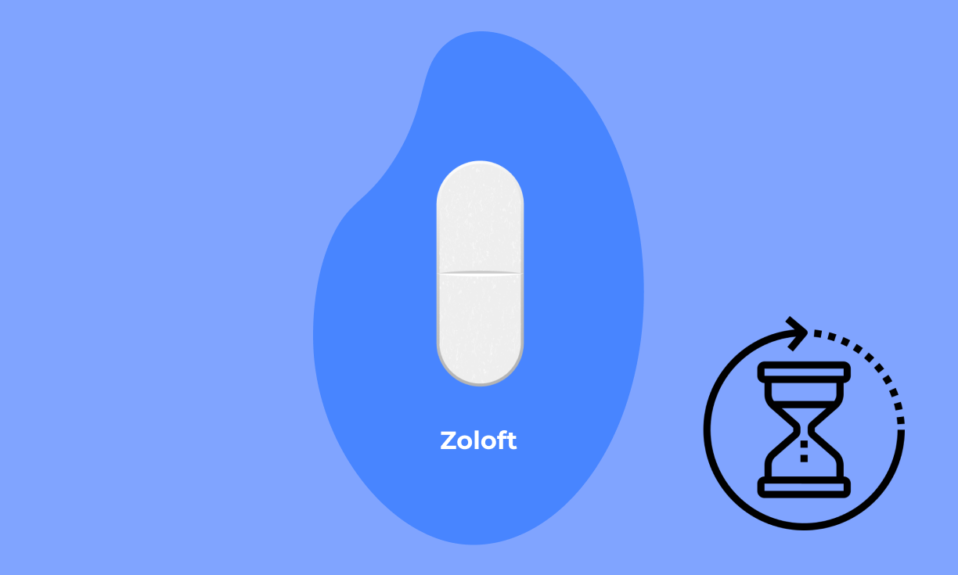
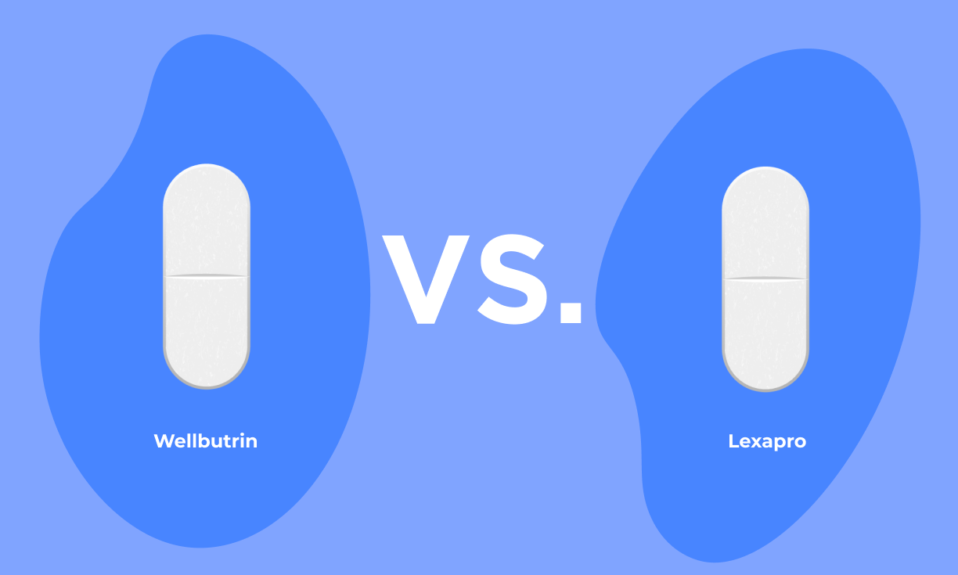
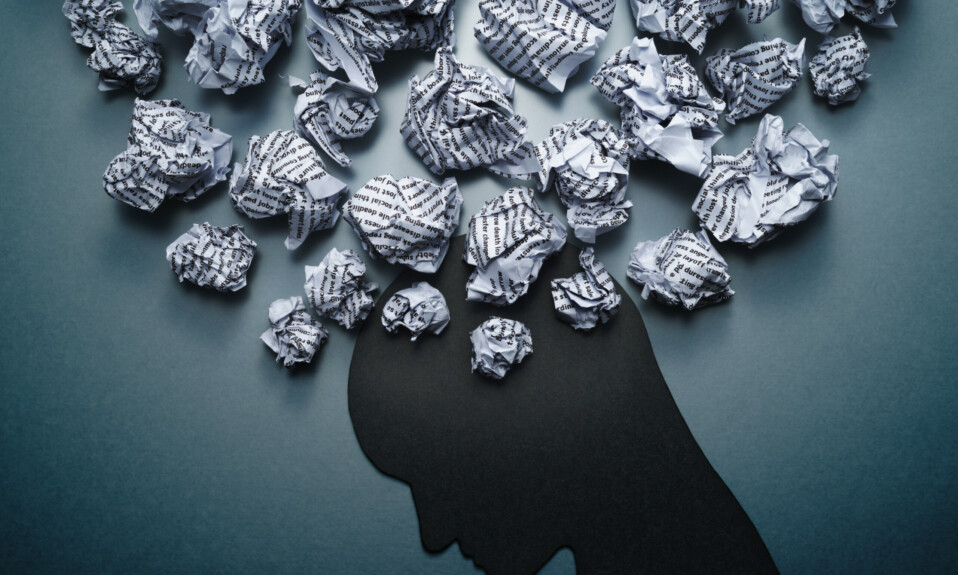
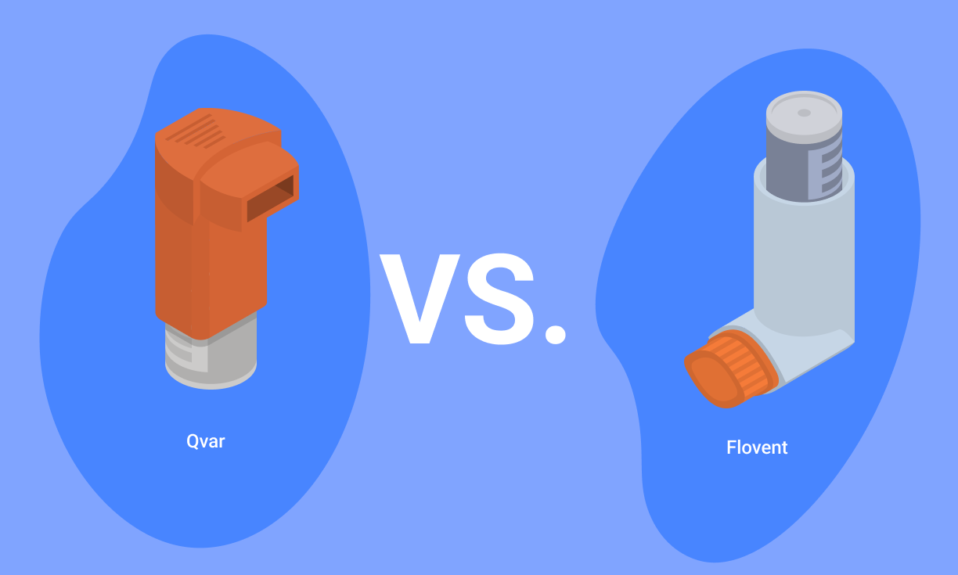

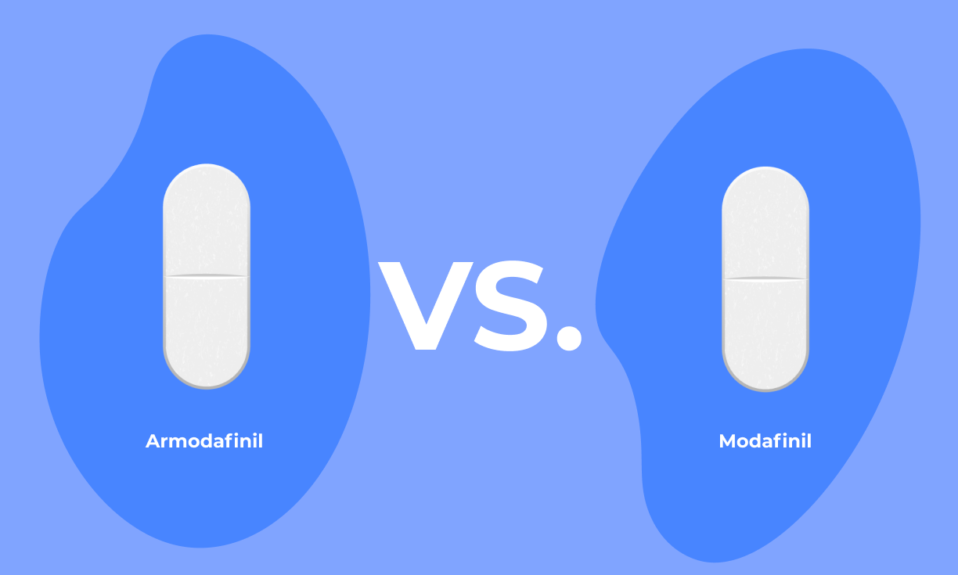
Wonderful goods from you, man. I have understand your stuff previous to and you are just too great. I really like what you’ve acquired here, really like what you are saying and the way in which you say it. You make it entertaining and you still care for to keep it sensible. I cant wait to read far more from you. This is actually a terrific website.